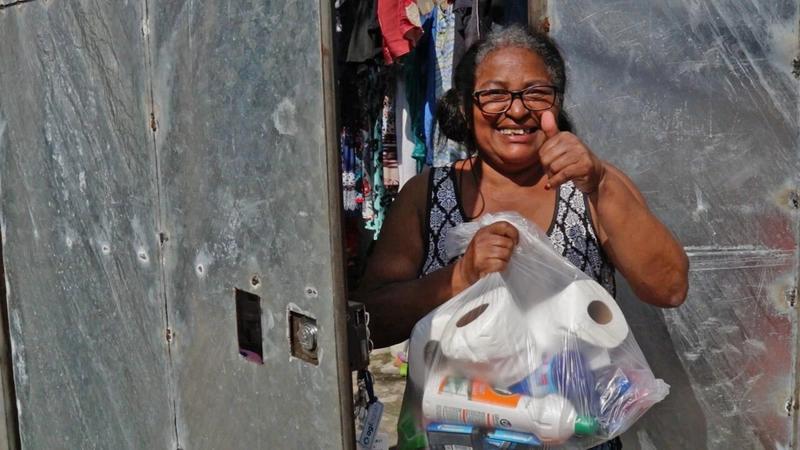
5 Steps to Build an Effective CSR Strategy
In today’s business landscape, Corporate Social Responsibility (CSR) has evolved from being a “nice-to-have” to ...

Unilever decided to back Brazil during the pandemic by donating more than 3,000 tons of products that were distributed to more than 16 states. Over 2 million families were reached and 4 million meals provided.
And in a drive that came straight from the heart, Unilever Brazil employees agreed to use the budget set aside for an end-of-year party for food donations instead. More than 800,000 packs of Knorr noodles were distributed in different parts of the country, in collaboration with two NGOs.
Help was also given to facilitate vaccination. “In the municipalities where we have our factories – Aguaí, Igarassu, Ipojuca and Garanhuns – we donated items such as freezers, notebooks, tents and thermal boxes,” Juliana Abreu, Unilever’s Corporate Affairs Manager in São Paulo office, said.
Unilever Brazil has partnered with the Sesc Mesa Brasil Food Bank for more than ten years but at the start of the pandemic the food bank was closed. So Juliana identified other organizations serving the disadvantaged and established new partnerships, prioritizing hospitals, homes for senior citizens and communities with vulnerable people.
She also worked with governments at federal, state and municipal level in order to increase the reach of Unilever donations. Unilever has long-standing partnerships with UNICEF and UNHCR (the refugee agency) and through them, the company’s donations were transported to states in the north and north-east of the country.
“From secretaries of state and city mayors to frontline health workers and charities operating in the favelas, I have established new contacts and built relationships,” explained Juliana.
Hygiene, cleaning and food products were all sorely needed. Global food brands Hellmann’s and Knorr gave donations, along with local brands Mãe Terra, Arisco and Cremogema. “At one event, we donated ice cream to street sweepers,” said Juliana.
Soap and personal care products were donated on a large scale, with Dove, Rexona and Lux featuring prominently. Household cleaners were in high demand during the worst of the pandemic, and distributed to hospitals and municipal health departments. An unexpected product was developed in a limited edition: Cif + Heineken. This was an alcohol-based cleaner and sanitizers, with the alcohol provided by the Heineken brewery, and it was distributed to families living in favelas in São Paulo.
Because of Brazil’s huge geographical extent, Unilever Brazil’s logistics – which serve well in normal times – had to be rethought in order to get the donations swiftly to remote communities in need. “We worked with several big organizations with the capacity for rapid distribution,” said Juliana. “Together, we were able to spread the donations far and efficiently.”
اترك تعليقا